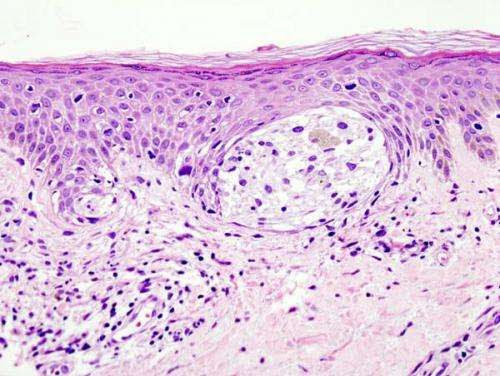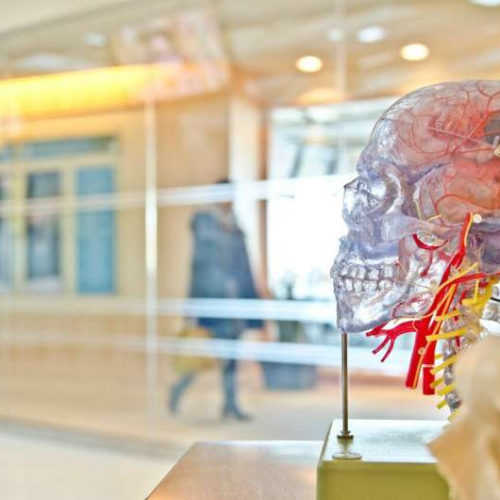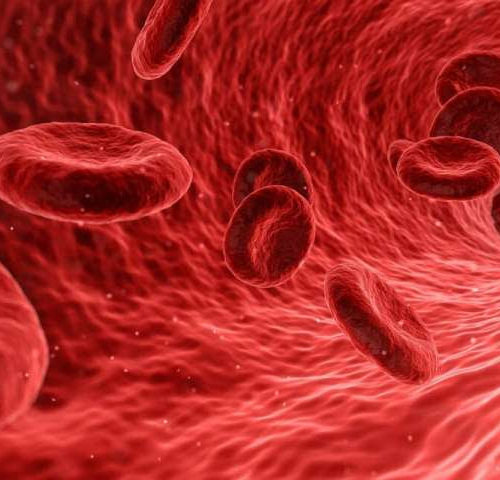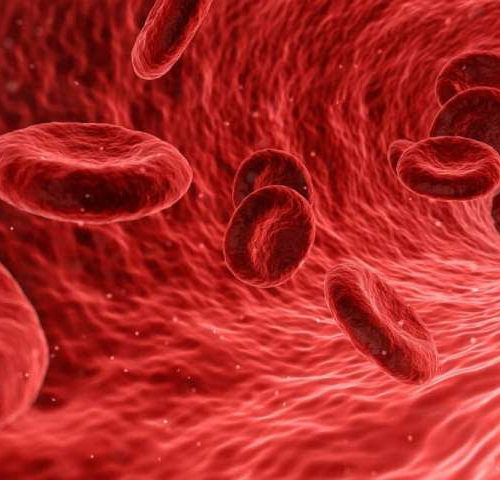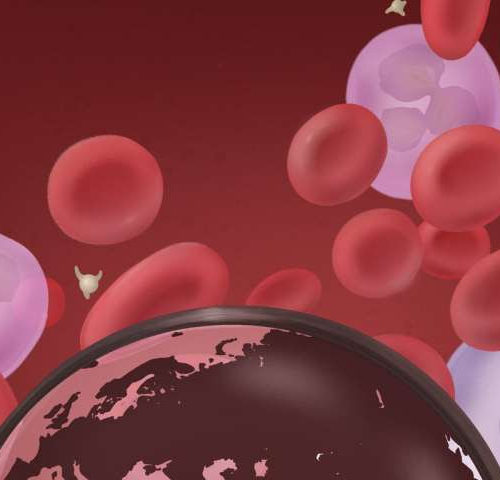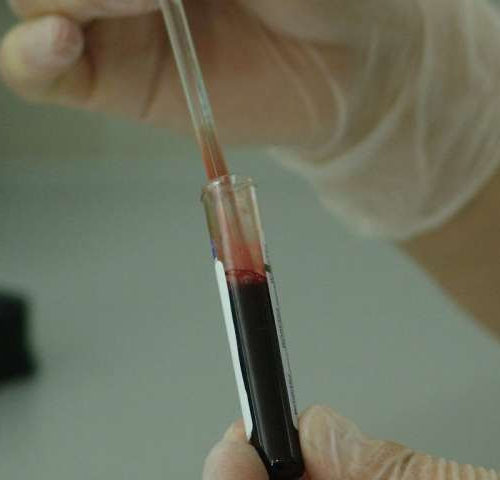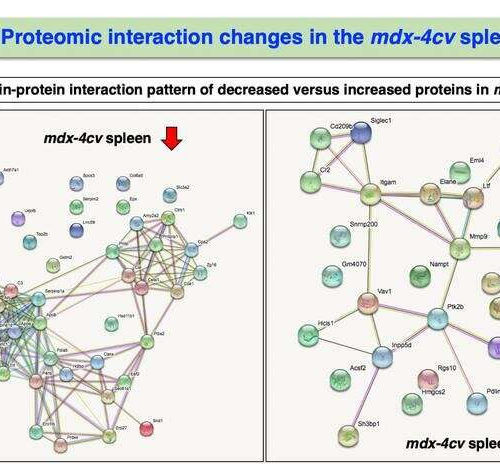by NYU Langone Health Melanoma in skin biopsy with H&E stain — this case may represent superficial spreading melanoma. Credit: Wikipedia/CC BY-SA 3.0 A test that monitors blood levels of DNA fragments released by dying tumor cells may serve as an accurate early indicator of treatment success in people in late stages of one of the...
Tag: <span>blood test</span>
New studies support blood test for early detection of Alzheimer’s disease
by University of Gothenburg Credit: Unsplash/CC0 Public Domain In three recent publications in Molecular Psychiatry, Brain and JAMA Neurology researchers from the University of Gothenburg provide convincing evidence that an in-house developed blood test for Alzheimer’s disease can detect the disease early and track its course, which has major implications for a potential use in clinical practice and treatment trials. “This is...
Blood test predicts ovarian cancer better than previously thought
by University of Exeter Credit: CC0 Public Domain A blood test already available to GPs in the UK is more predictive of ovarian cancer than previously thought and could also help pick up other forms of cancer, according to new research published in PLOS Medicine today (Wednesday) and funded by Cancer Research UK and NIHR. This study involving...
Blood test predicts ovarian cancer better than previously thought
by University of Exeter Credit: CC0 Public Domain A blood test already available to GPs in the UK is more predictive of ovarian cancer than previously thought and could also help pick up other forms of cancer, according to new research published in PLOS Medicine today (Wednesday) and funded by Cancer Research UK and NIHR. This study involving...
Possible blood-clotting mechanism in COVID-19 found
Why so many COVID-19 patients get blood clots (thrombosis) remains uncertain. But scientists at Uppsala University and the University Hospital have now identified a mechanism they believe to be implicated. A particular protein triggers a part of our immune system that can boost the blood’s tendency to coagulate and form clots. The study is now...
The genetics of blood: A global perspective
by University of Montreal Researchers discovered 5000 genetic associations and used the genetic diversity of their samples to refine association signals and explored the genetic architecture of blood-cell traits across populations. This image illustrates how the authors used genetic data from 746,667 participants from five global populations (African-ancestry, East Asian, European-ancestry, Latino/Hispanic, South Asian) to...
Compared to placebo, vitamin D has no benefit for severe asthma attacks
UNIVERSITY OF PITTSBURGH CHIEF OF PEDIATRIC PULMONARY MEDICINE AT UPMC CHILDREN’S HOSPITAL OF PITTSBURGH, AND THE NIELS K. JERNE CHAIR OF PEDIATRICS AT THE UNIVERSITY OF PITTSBURGH SCHOOL OF MEDICINE view more CREDIT: UPMC PITTSBURGH, Aug. 25, 2020 – Contrary to earlier results, vitamin D supplements do not prevent severe asthma attacks in at-risk children,...
Scientists use blood test to predict who is likely to develop psychotic disorders
by RCSI Scientists have discovered that testing the levels of certain proteins in blood samples can predict whether a person at risk of psychosis is likely to develop a psychotic disorder years later. The study is published in the current edition of JAMA Psychiatry and was led by researchers from RCSI University of Medicine and...
‘Crosstalk’ between muscle and spleen in Duchenne muscular dystrophy
by University of Bonn The figure shows an overview of the potential protein-protein interaction patterns at reduced (left) and increased (right) protein concentrations in the spleen of Duchenne mice. Credit: Maynooth University Duchenne muscular dystrophy (DMD) is the most common muscle disease in children and is passed on by X-linked recessive inheritance. Characteristic is a...
World-first study on blood hormone could reduce cardiovascular deaths
by Kim Thomas, University of Otago A simple blood test could identify seemingly-healthy people with a high hidden risk of heart disease thanks to a world-first discovery by University of Otago, Christchurch researchers. Researchers from the University’s Christchurch Heart Institute studied the blood samples and cardiology scans of 665 healthy young and middle-aged people with...

